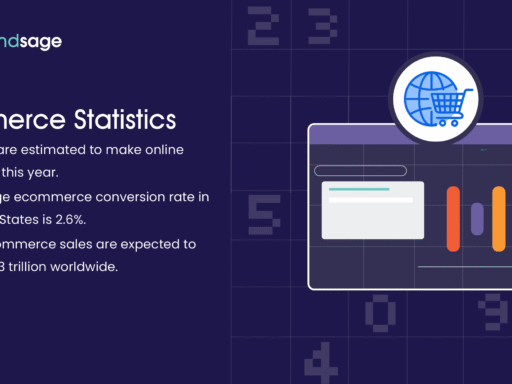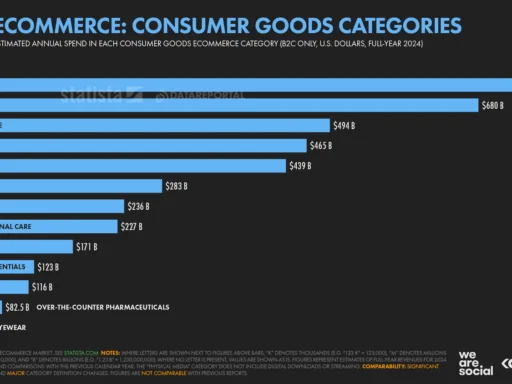PETALING JAYA: Online shopping issues have remained the highest category of complaints since 2015 with numbers skyrocketing during the Covid-19 pandemic and showing no signs of decline, says a consumer group.
The Federation of Malaysian Consumers Associations (Fomca) chief executive officer Dr Saravanan Thambirajah said the body continued to receive a very high number of complaints, particularly involving fake sellers, scam transactions and unregulated online storefronts.
“National enforcement data similarly shows thousands of online fraud cases every year, representing millions in losses.
However, the actual scale is likely far larger, as many victims chose not to lodge formal reports due to embarrassment, confusion or lack of knowledge about where to seek help.
“We have also observed a growing number of complaints involving cash on delivery (COD) scams, where consumers receive the wrong, fake or low-quality product but are pressured to pay on the spot because the rider is ‘only doing delivery’.
“Many victims were forced to pay first before verifying the item and once payment was made, the seller became unreachable.
“These COD scam cases further reinforce that online fraud is not limited to prepayment transactions,” he said.
On Nov 9, Bukit Aman’s Commercial Crime Investigation Department (CCID) revealed that e-commerce crime in Malaysia had surged by 97% during the first 10 months of this year, with 12,297 cases recorded from January to October.
The total losses reached RM110.3mil, marking a 105% increase compared to the same period last year.
Saravanan said that a safer and more trustworthy e-commerce ecosystem that protects consumer rights and prevents further losses is needed, coupled with updated laws, stronger enforcement, accountable platforms and informed consumers.
He added they are also closely monitoring the development of the upcoming E-Commerce Act, which the Domestic Trade and Cost of Living Ministry is in the process of finalising for tabling.
“This new Act is a crucial step forward in strengthening consumer protection in the digital marketplace.
“The current legal framework does not clearly outline platform responsibilities, especially in cases involving scams, misleading advertisements, COD fraud or fraudulent sellers.
“It is expected to close these gaps by defining platform responsibility and potentially platform liability.
“Under this Act, platforms may be required to verify sellers more strictly, ensure transparency of business information, monitor suspicious listings, and remove fraudulent content promptly.
“They will also be expected to provide clearer and more effective refund and dispute-resolution mechanisms.
“The introduction of platform responsibility – and in some situations, liability – is an essential move toward creating a safer digital commerce environment,” he said.
Meanwhile, Malaysia Cyber Consumer Association president Siraj Jalil said the pattern of scams is evolutional, aligning with technology as well as the increased dependence of people on these platforms.
As such, greater technological adoption among consumers leads to changes in cybercrime modus operandi.
“This directly impacts consumers including in the e-commerce sphere.
“Malaysia doesn’t have a localised marketplace as many of these platforms and social media are foreign-based companies.
“So this gives an opportunity to scammers. We also don’t have a specific e-commerce law to tackle this issue, which makes consumers vulnerable,” he said, adding the E-Commerce Act should be tabled soonest.








